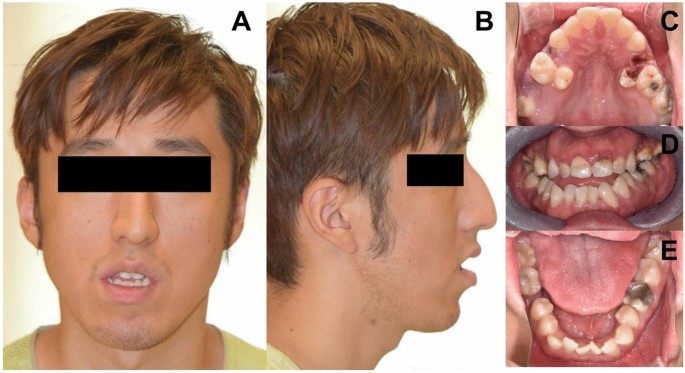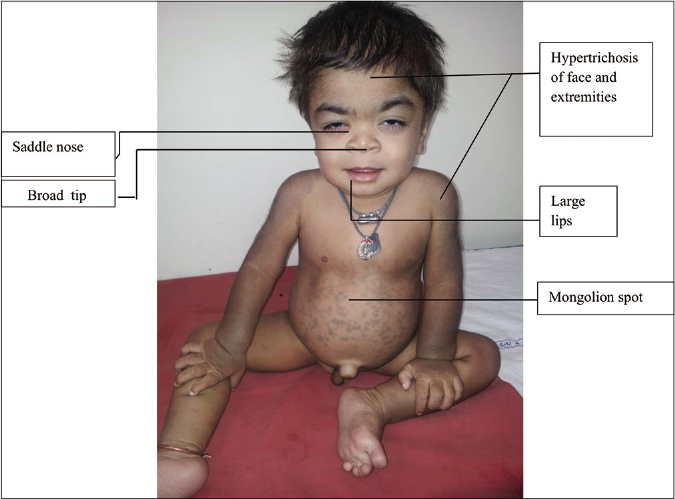Rubinstein-Taybi Syndrome - GeneReviews® - NCBI Bookshelf
Por um escritor misterioso
Descrição
Rubinstein-Taybi syndrome (RSTS) is characterized by distinctive facial features, broad and often angulated thumbs and halluces, short stature, and moderate-to-severe intellectual disability. Characteristic craniofacial features include downslanted palpebral fissures, low-hanging columella, high palate, grimacing smile, and talon cusps. Prenatal growth is often normal, then height, weight, and head circumference percentiles rapidly drop in the first few months of life. Short stature is typical in adulthood. Obesity may develop in childhood or adolescence. Average IQ ranges between 35 and 50; however, developmental outcome varies considerably. Some individuals with EP300-related RSTS have normal intellect. Additional features include ocular abnormalities, hearing loss, respiratory difficulties, congenital heart defects, renal abnormalities, cryptorchidism, feeding problems, recurrent infections, and severe constipation.
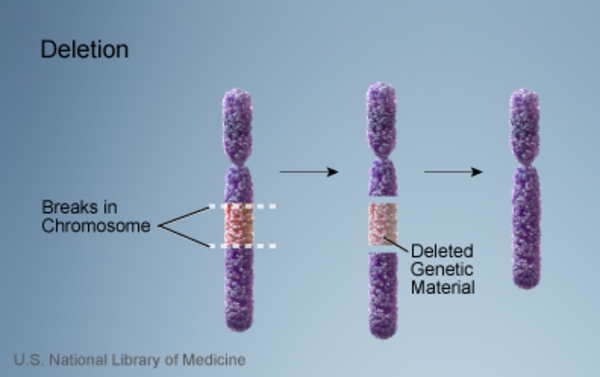
Rubinstein-Taybi syndrome: MedlinePlus Genetics
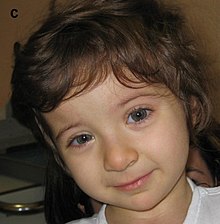
Rubinstein–Taybi syndrome - Wikipedia

Genetic diagnostic yields of 354 Chinese ASD children with rare mutations by a pipeline of genomic tests. - Abstract - Europe PMC
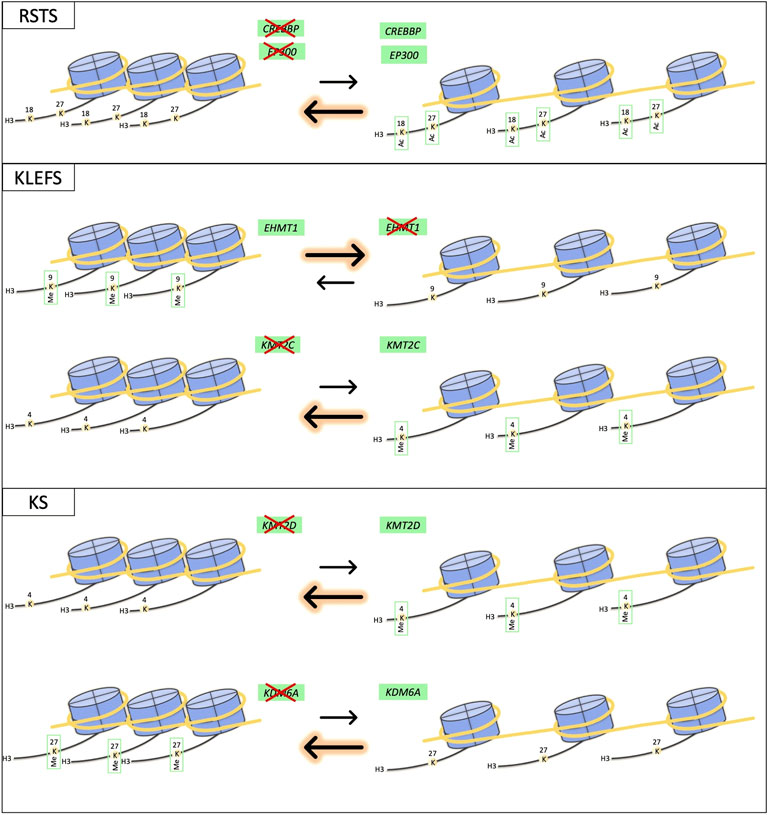
Frontiers Epigenetic disorders: Lessons from the animals–animal models in chromatinopathies
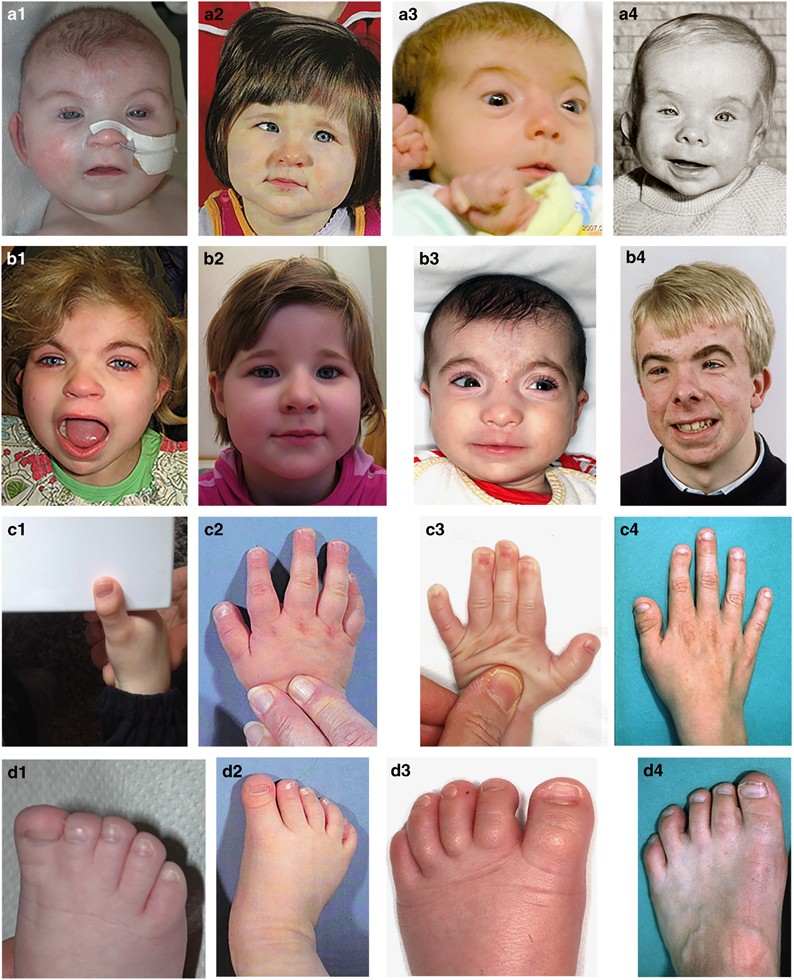
Analysis of mutations within the intron20 splice donor site of CREBBP in patients with and without classical RSTS

Medical Publications – Bohring-Opitz Syndrome

Skeletal Dysplasias - Endotext - NCBI Bookshelf
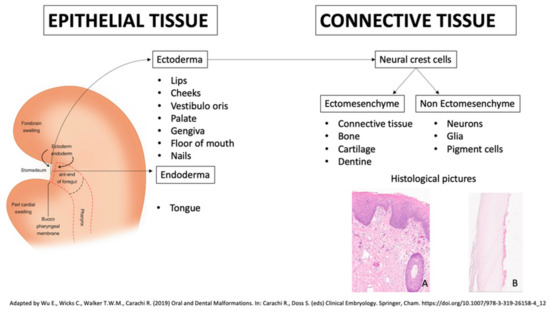
JCM, Free Full-Text

genereviews.org - GeneReviews® - NCBI Bookshelf
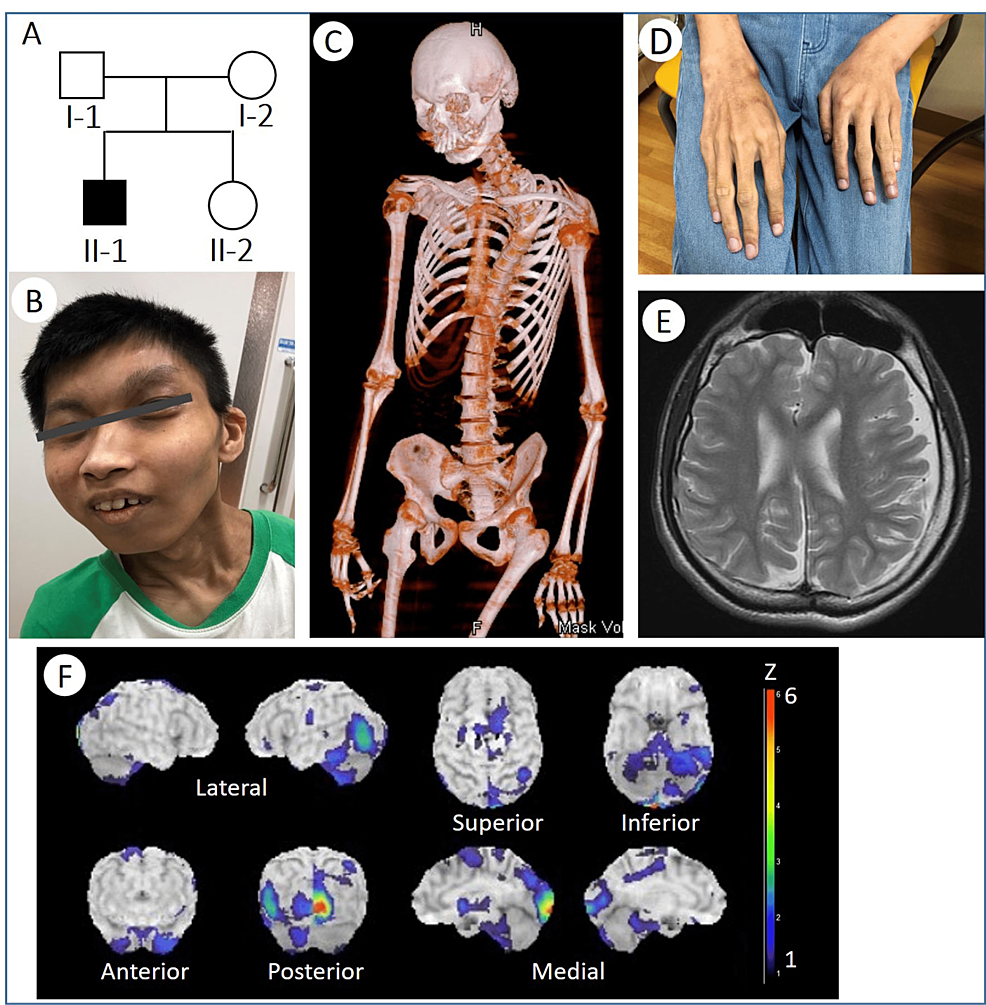
Cureus, Whole-Exome Sequencing Identified a Novel DYRK1A Variant in a Patient With Intellectual Developmental Disorder, Autosomal Dominant 7

The behavioral phenotype of Rubinstein–Taybi syndrome: A scoping review of the literature - Awan - 2022 - American Journal of Medical Genetics Part A - Wiley Online Library
de
por adulto (o preço varia de acordo com o tamanho do grupo)


